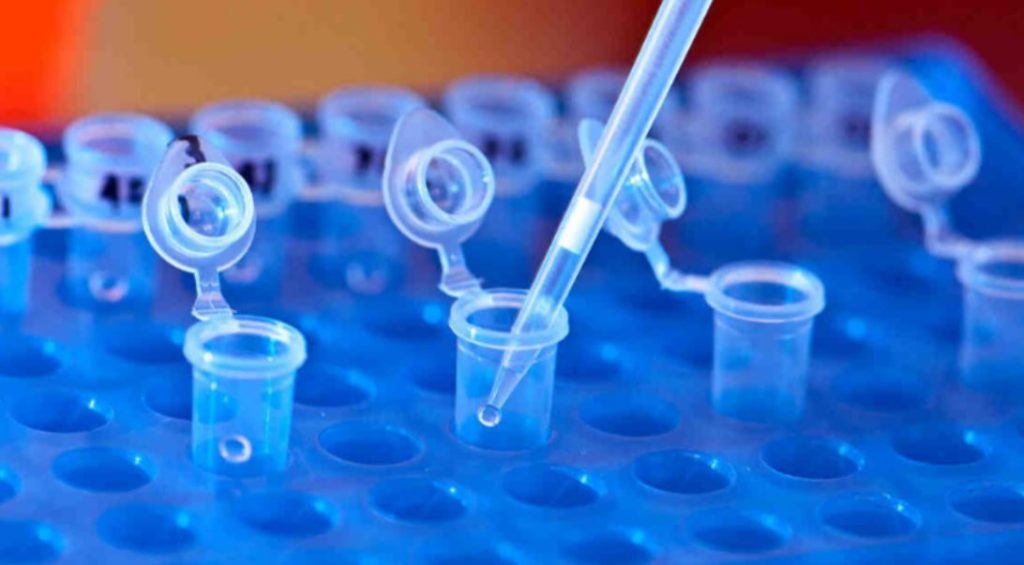US Government Kicks Off Controversial DNA Collection Program
 By Derrick Broze
By Derrick BrozeOn January 3, Customs and Border Protection (CBP) and Immigration and Customs Enforcement (ICE) released a Privacy Impact Assessment detailing plans to collect DNA from individuals temporarily detained at border crossings.
Border Patrol launched the 90-day pilot program on Monday at the Canadian border near Detroit and at the official port of entry at Eagle Pass, Texas. After the pilot period the program will be expanded nationwide.
According to the Privacy Impact Assessment, the Federal Bureau of Investigations (FBI) Laboratory provides DNA collection kits which allow authorities to take a cheek swab and send the DNA samples to the FBI. CBP and ICE have already had the legal authority to collect DNA from detained persons since the passage of the DNA Fingerprint Act of 2005. However, while previous efforts to collect DNA have focused exclusively on foreign citizens, this is the first attempt to collect DNA of individuals who are detained but not charged with a crime.
The Assessment states:
Effective January 6, 2020, CBP will begin collecting DNA from any person in CBP custody who is subject to fingerprinting. This will include aliens as well as United States citizens and Lawful Permanent Residents (U.S. Persons). As with all other DNA samples that federal law enforcement agencies collect under the authority of the DNA Fingerprint Act, CBP will send DNA samples from its DNA population13 to the FBI, which will enter results into CODIS.
The authorized method of DNA sample collection from non-convicts in federal custody, such as those detained for some administrative immigration violations, is by buccal (cheek) swab. Using DNA sample kits provided by the FBI, CBP agents and officers will collect a DNA sample by taking a cheek swab from every individual within scope of the new regulation and submit the DNA samples to the FBI for processing and entry in the CODIS (Combined DNA Index System) system.
Read more
0 comments:
Post a Comment